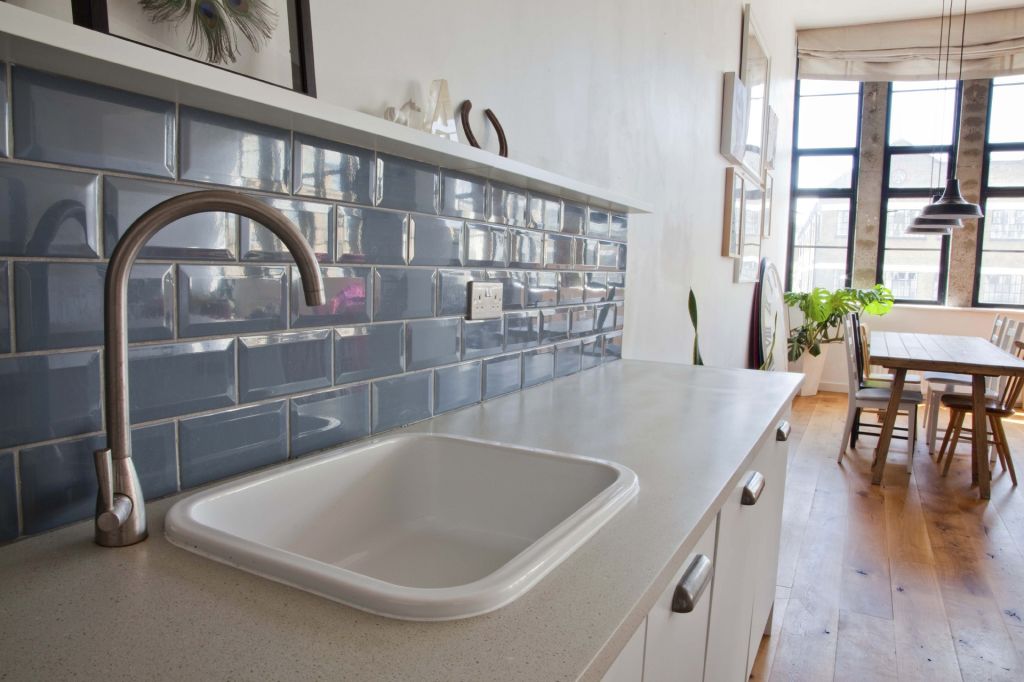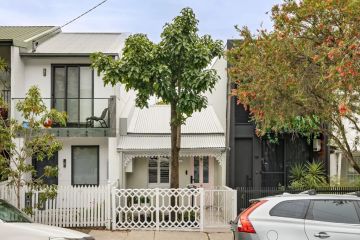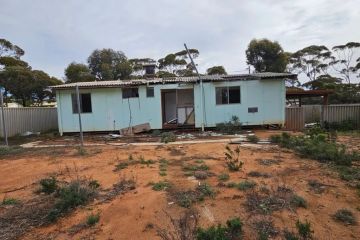Own a rental property? Know your tax deductions

In Domain’s A Guide to Maximising Rental Property Returns we gain greater insights into taxation policies that directly affect property investors managing rental properties from Paul Drum, Head of Policy at CPA Australia.
Following are some helpful top-line tax pointers for property investors – but you should also seek accredited professional advice that takes your personal financial circumstances into account.
What you should know about capital gains tax (CGT)
First, it is important to understand what a capital gain is.
Drum explains: “You will derive a capital gain from the sale of a property where the sale proceeds are more than the property’s cost base; and a capital loss if the sale proceeds are less than the cost base.”
With this in mind, a key strategy for minimising CGT in the event that you make a capital gain is to ensure you identify all legitimate expenses that fall within the cost base of the property. Note that you can apply capital losses from the previous year.
Cost base
The cost base is made up of the purchase price of the property along with many of the costs associated with the purchase, holding and sale of the investment property.
This includes stamp duty, broker fees, borrowing expenses (loan application fees), legal expenses, auctioneer’s fees and capital improvement outlays.
Rental properties acquired on or after 19 September 1985 are subject to CGT but the rate at which you are charged may attract a discount. “Any remaining net capital gain can be potentially reduced under the 50 per cent capital gains tax (CGT) discount, where the taxpayer has owned the property for more than 12 months,” Drum says.
There are also further potential concessions if the property was previously your main residence.
Rental property tax deductions you can and can’t claim
What you can’t claim
Expenses you cannot claim include:
- Those relating to your personal use of the rental property
- Utility bills paid by the tenant
- Borrowing costs where you have borrowed against the equity in the investment property for private use
- Costs relating to the purchase or sale of the investment property.
But remember, many of the costs relating to the purchase or sale of the investment property can be included in the cost base. For this reason, it is especially important that you keep detailed records of your spending from the beginning of your investment journey.
“Make sure you identify all eligible costs to be included in the cost base as it may both reduce any capital gain or increase any capital loss which can be carried forward indefinitely to apply to future capital gains,” says Drum.
What you can claim
You can claim a wide range of running and management expenses against your investment property’s income, including:
- Real estate management fees
- Council and water rates
- Advertising for tenants
- Insurance
- Interest on your investment loan
- Reasonable travel expenses to inspect your property
- Depreciation on assets like whitegoods and air conditioners.
In order to make taxation claims, you need to keep official documentation including receipts and bank statements (refer to the Australian Taxation Office website for a complete list of claims or talk to your Certified Practicing Accountant), and an accurate depreciation schedule and capital works schedule.
The depreciation schedule is a record of the property’s assets, outlining how much you claim in depreciation each year. A capital works schedule outlines building and construction costs, the cost of altering a building, the cost of capital improvements to the surrounding property and the amount you can claim each year. According to Drum, the relevant cost can be written off at 2.5 per cent each year over 40 years, and only if the rental property was built after 15 September 1987.
If you do not have building or construction records, an estimate of the value of works undertaken can be obtained from an experienced builder, clerk of works, supervising architect or quantity surveyor. A quantity surveyor can also put together a depreciation schedule. Using a professional such as a quantity surveyor can save you significant money in the long run as they are experienced in accurately valuing assets.
See our rental property taxation special with Paul Drum, Head of Policy at CPA Australia, covering CGT, self-managed superannuation funds and tax deductions.
We recommend
States
Capital Cities
Capital Cities - Rentals
Popular Areas
Allhomes
More







